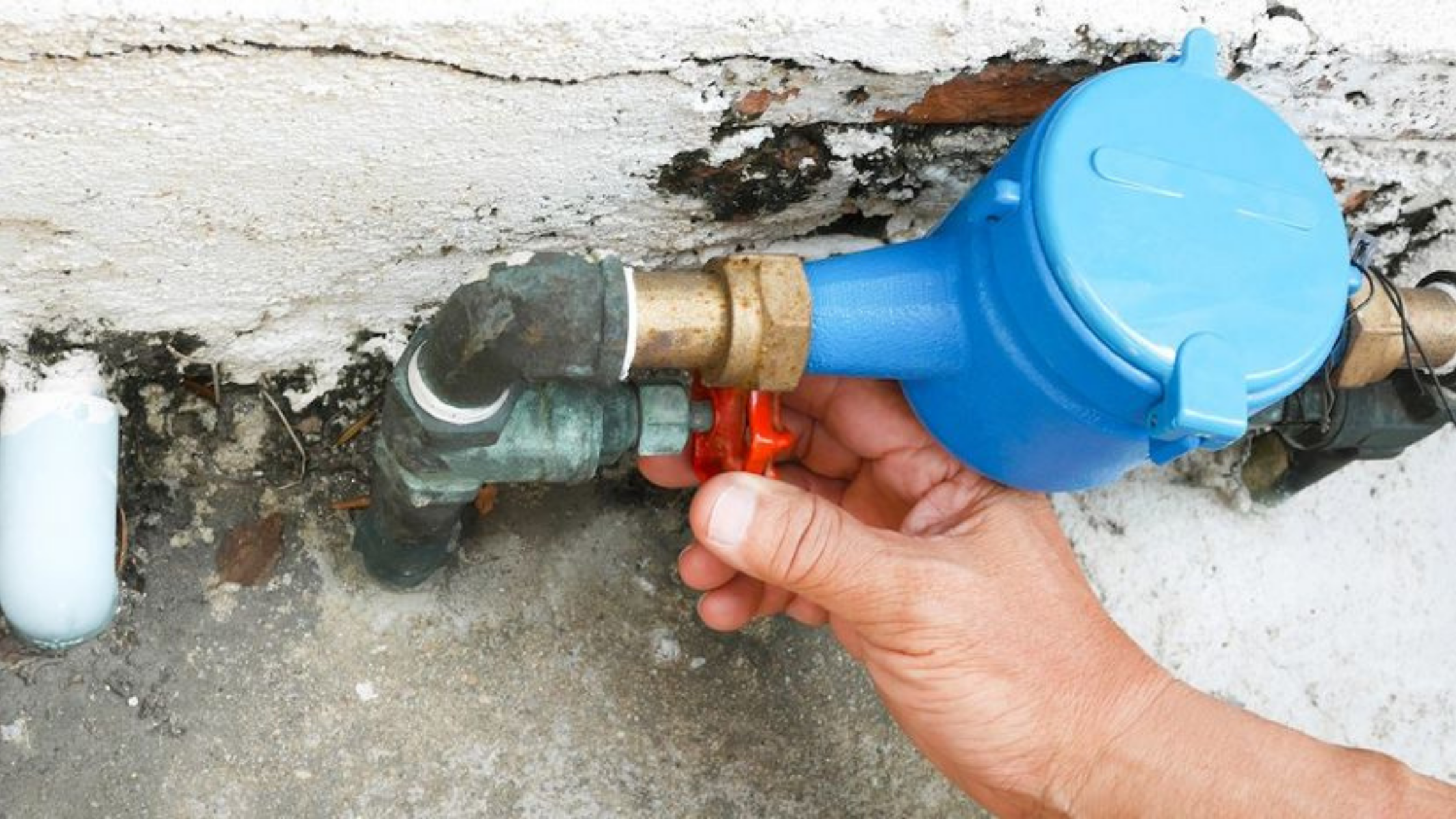Although we don't have hurricane season here, the end of November typically marks the start of our storm season in Michigan. “Homeowners should be thinking about this now as if we are in the peak of storm season,”
“With tropical storms, hurricanes, and severe thunderstorms running rampant throughout the nation, these tips can help homeowners protect their home during the storm and save on repair and maintenance costs post-storm.”
Last year storms caused approximately $60 billion to $65 billion in damages to businesses and homes. In the interest of preparing for the worst and minimizing the potential damage to your home, be proactive and take the following steps.
1. Check drains for clogs
Before a storm, inspect your gutters and outdoor drains for clogs.
Drains are meant to direct water away from the home, so it is important to keep these areas clear of debris.
When this step is skipped, water can damage the home’s foundation or lead to flooding inside and outside the home.
It’s possible to do the upkeep yourself, but if too much debris gets down in the drain, it’s best to call in a professional to clean it out.
2. Test your sump pump
Sump pumps remove excess groundwater under a building to prevent it from entering your home. If you have a sump pump, make sure it’s ready to run.
Pour some water into the drain with the pump. The float should move freely and activate the pump once the water reaches a certain level.
3. Monitor your septic system
If your home operates on a septic system, you probably know your tank should be pumped every few years to keep it working.
If there are any clogs or backups, the sudden addition of rainwater can cause sewage to back up into your home. It’s a good idea to schedule a plumbing service for your septic tank before a storm if you notice strange odors, slow drains, or clogged toilets.
4. Locate your main water valve
Your main valve is often one of the first things you turn off when a storm’s landfall is imminent. Turning off the main water valve will help minimize damage to your home’s interior, should a pipe burst inside.
During storm season, it can be important to know where your valve is, especially if you need to evacuate in a hurry. If you remain in your home during the storm, keep the main water valve off and use bottled water frugally for cooking and drinking.
5. Know how to turn off the water heater
During a storm, your home’s plumbing system does not need the extra pressure of tanking and heating water.
It is a good idea to turn off the power source—gas or electric—that fuels your water heater. This method also makes the water heater a great source of potable water in case your water does get shut off.
6. Protect your windows
Storm and impact windows can protect your home from severe weather.
Impact windows not only protect the home from storms but can also save homeowners in certain areas up to 40% on monthly energy bills and up to 25% on homeowners insurance.
7. Check your foundation
Water can sneak in through cracks in your home’s foundation, so regularly check the exterior of your foundation, basement walls, and floors.
These act as an open invitation to water damage, and if they’re not identified and repaired, they can lead to some serious issues. If you come across any small cracks during your inspection, fill them with epoxy. If leaking persists, you find bigger cracks or you encounter a more serious problem with your foundation, be sure to bring in a professional.
8. Locate electricity and gas valves
Before the storm arrives, locate your gas shut-off valve and main disconnect and learn how to turn them off. Gas shutoff includes your mainline and individual appliances.
If these valves might be hard to find in the dark, use reflective tape to create arrows pointing to the values. This will make things much easier if an emergency hits. Also, if you have auto shut-off valves, have a professional check them to make sure they’re working properly before the storm begins.
9. Trim trees and latch things down
Dead tree branches and unsecured yard items can be hazards when heavy winds and rain come around.
Consider hiring a landscaper or arborist to survey the trees and bushes on your property and remove any risky limbs. This will also make cleanup easier once the storm has passed.
She also recommends securing or bringing inside any outdoor belongings like grills, chairs, tables, or flowerpots.

